Liberty
Liberty is the state of being free within society from oppressive restrictions imposed by authority on one's way of life, behavior, or political views. It is a fundamental value in many societies and is often considered a basic human right.
Key Concepts
- Freedom: Liberty is often associated with the concept of freedom, which includes the ability to act and make choices without unnecessary constraints.
- Individual Rights: Liberty encompasses the idea that individuals have certain rights that should be protected by law and respected by others.
- Rule of Law: Liberty is closely tied to the principle that laws should apply equally to all members of society and that the government should be limited in its power over individuals.
- Tolerance: The concept of liberty often involves respecting the rights and beliefs of others, even when they differ from one's own.
Study Guide
Here are some key points to consider when studying the topic of liberty:
- What are the different types of liberty (e.g., political, religious, economic) and how do they intersect in society?
- How has the concept of liberty evolved throughout history, and what role has it played in important social and political movements?
- What are some contemporary issues related to liberty, and how do different groups and individuals interpret and prioritize this value?
- How do laws and government policies impact individual liberties, and what mechanisms exist to protect and promote freedom within a society?
Understanding the concept of liberty is essential for comprehending the rights and responsibilities of citizens within a democratic society.
[Liberty] Related Worksheets and Study Guides:
.◂Social Studies Worksheets and Study Guides First Grade. American Symbols & Holidays
Study Guide Veterans Day
Veterans Day  Study Guide
Study Guide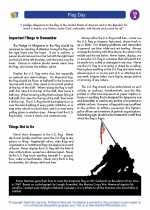 Flag Day
Flag Day  Study Guide
Study Guide Flag Folding
Flag Folding  Worksheet/Answer key
Worksheet/Answer key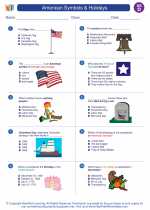 American Symbols & Holidays
American Symbols & Holidays  Worksheet/Answer key
Worksheet/Answer key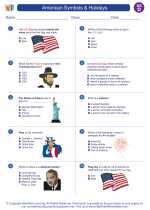 American Symbols & Holidays
American Symbols & Holidays  Worksheet/Answer key
Worksheet/Answer key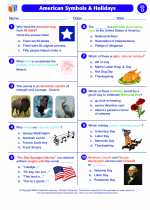 American Symbols & Holidays
American Symbols & Holidays  Worksheet/Answer key
Worksheet/Answer key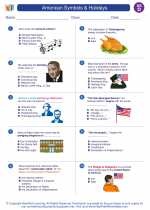 American Symbols & Holidays
American Symbols & Holidays  Coloring Worksheet
Coloring Worksheet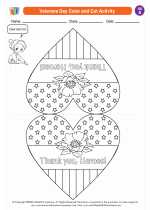 Veterans Day Color and Cut Activity
Veterans Day Color and Cut Activity  Coloring Worksheet
Coloring Worksheet Happy 4th of July
Happy 4th of July  Worksheet/Answer key
Worksheet/Answer key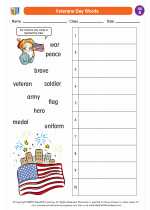 Veterans Day Words
Veterans Day Words  Worksheet/Answer key
Worksheet/Answer key Color the letters
Color the letters 

 Study Guide
Study Guide
 Study Guide
Study Guide
 Worksheet/Answer key
Worksheet/Answer key
 Worksheet/Answer key
Worksheet/Answer key
 Worksheet/Answer key
Worksheet/Answer key
 Worksheet/Answer key
Worksheet/Answer key
 Coloring Worksheet
Coloring Worksheet
 Coloring Worksheet
Coloring Worksheet
 Worksheet/Answer key
Worksheet/Answer key
 Worksheet/Answer key
Worksheet/Answer key
